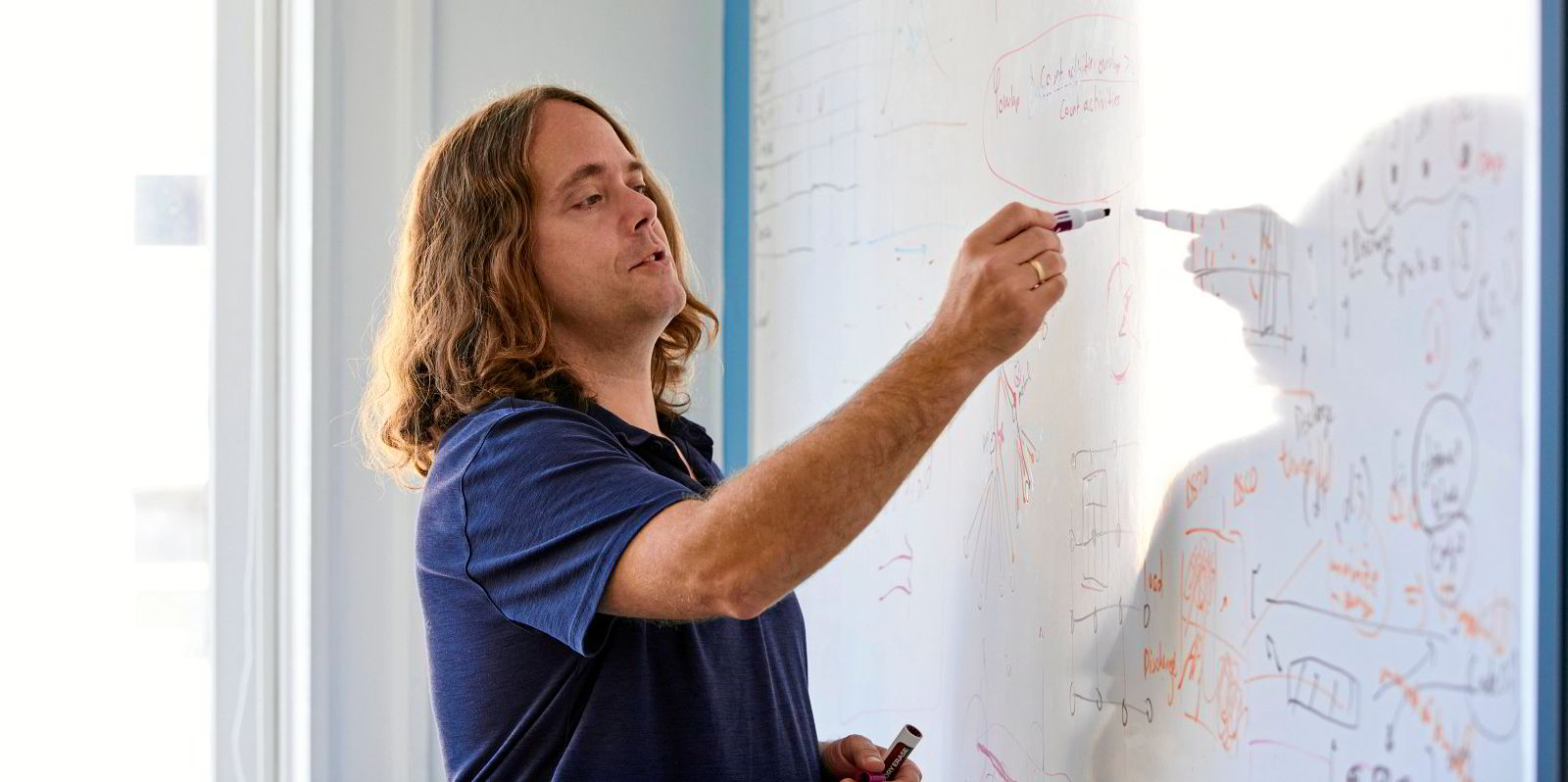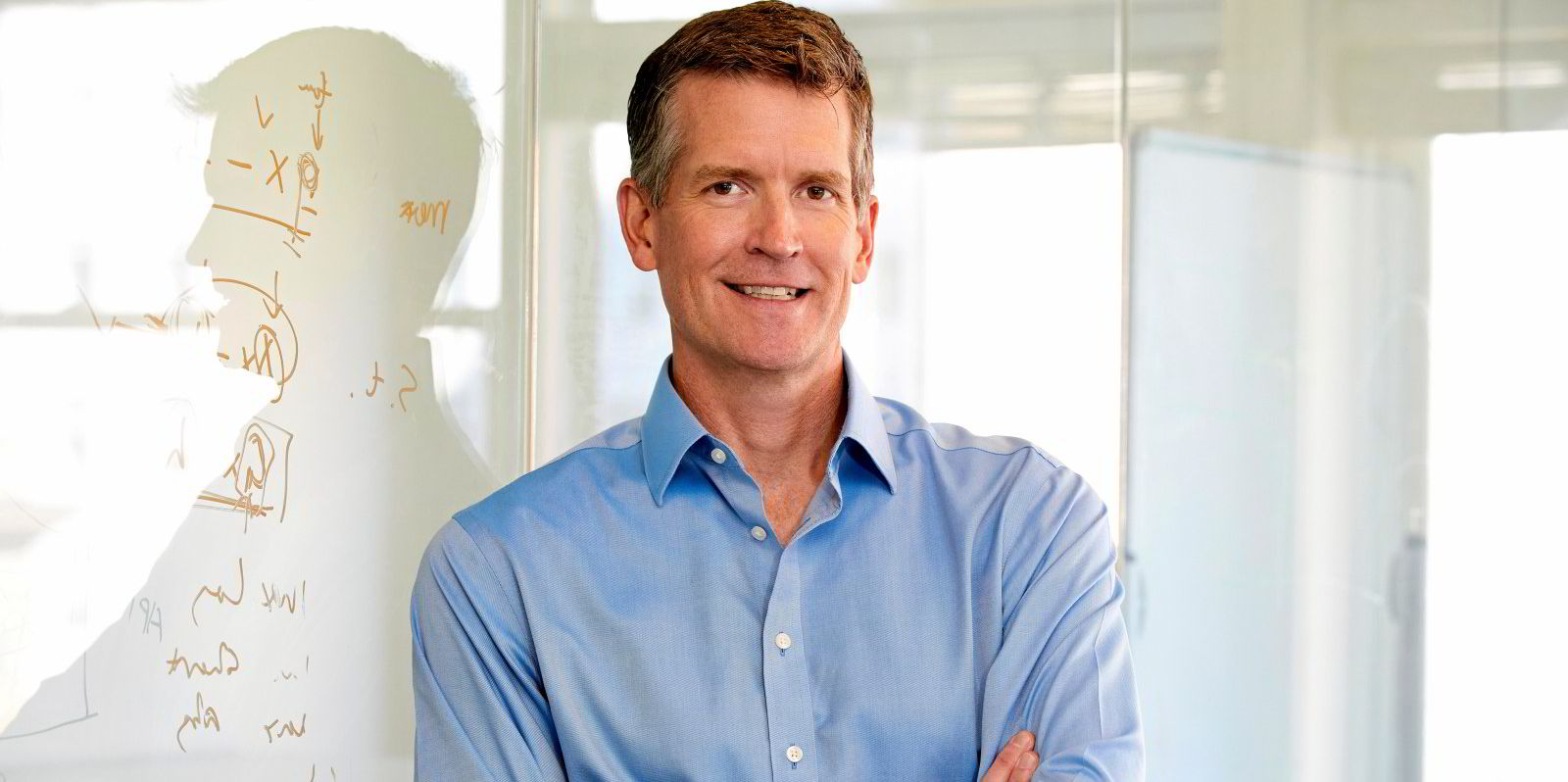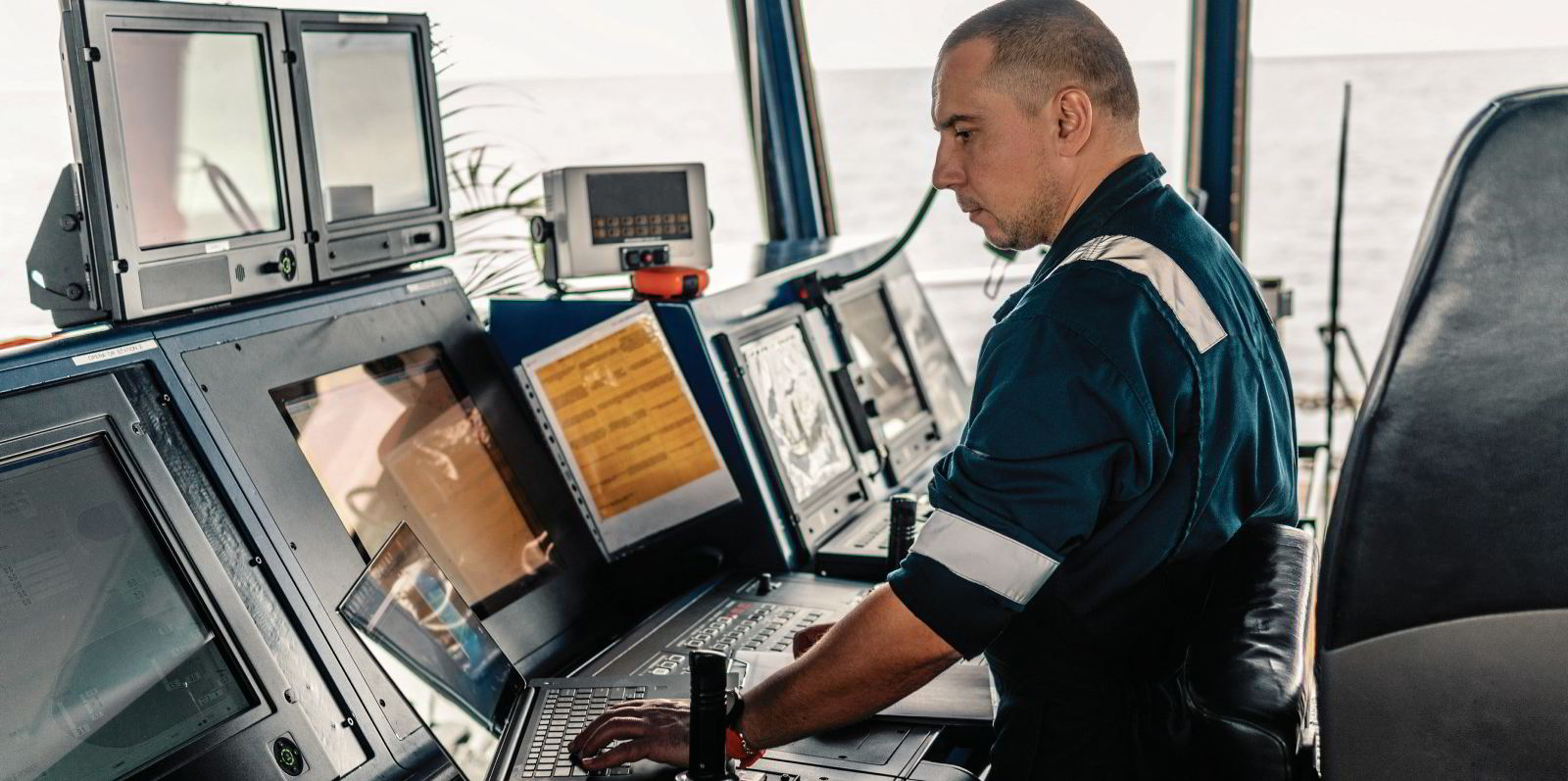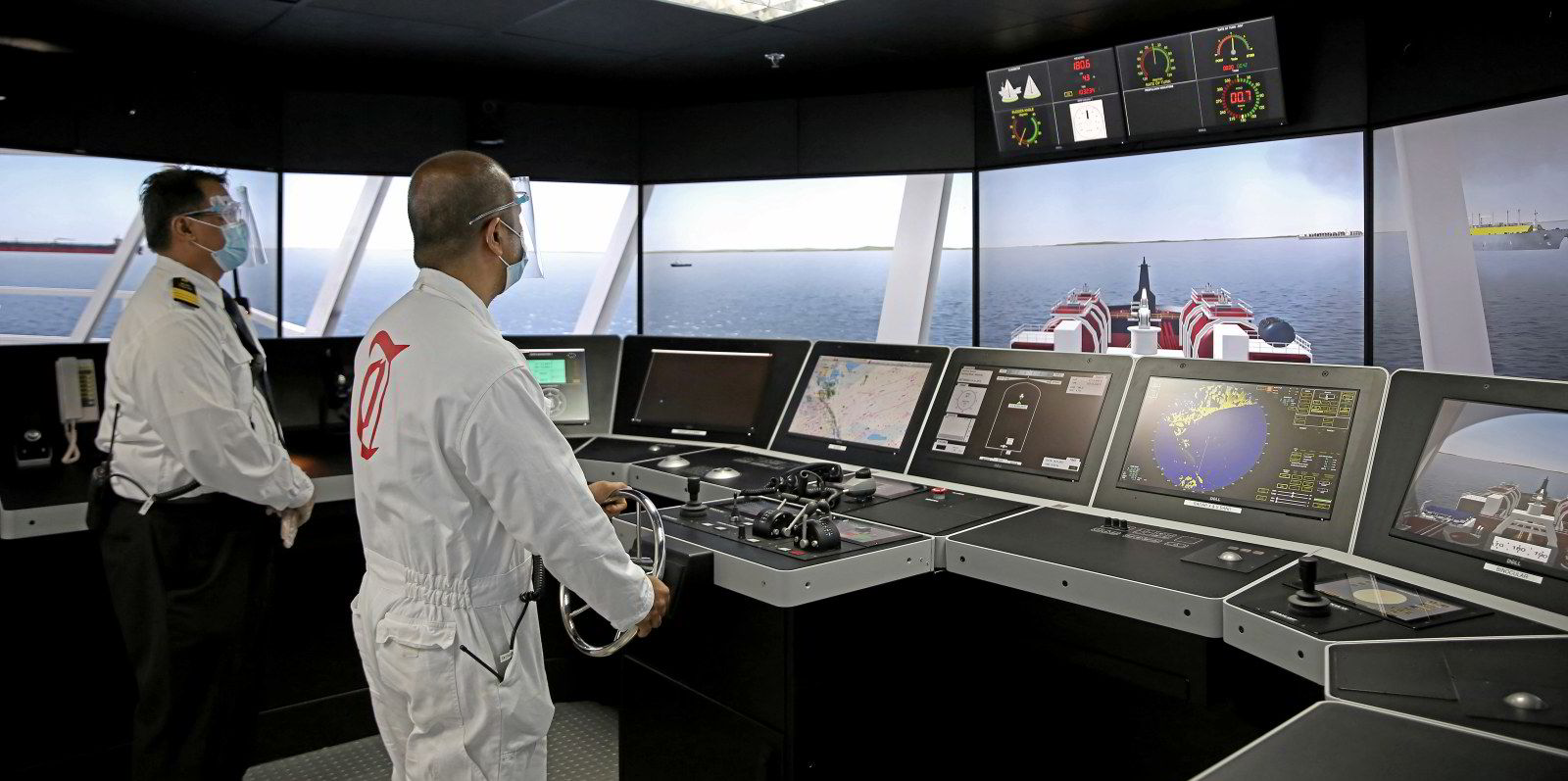When CargoMetrics Technologies recently launched its first broadly distributed data product, it represented its transformation from a hedge fund to a digital intelligence provider focused on maritime trade.
But at its heart, the trajectory of the company founded in 2008 by former chief executive Scott Borgerson remains on its original foundation: its comprehensive digital representation of oceangoing trade to inform investment decisions.
“So that was the founding notion then, and it’s exactly what we’re spending our time and energy doing now,” said Jes Scully, the Boston-based company’s chief executive.
At the company’s core is what he described as a “spatial-temporal graph” of maritime trade that allows CargoMetrics to understand how the many moving pieces work together throughout time to glean insight from that data.
The company has now taken a portion of that intelligence to a bigger audience with the launch of the Crude Pack, its first broadly distributed data product.
Available through Bloomberg, the product provides visibility into global seaborne crude flows for 60 countries since 2010.
And Scully said CargoMetrics is planning to roll out more products of this type in 2022.
Founded as GlobalFlows, the company was previously focused on investment management until 2020. Operating as a quantitative hedge fund, CargoMetrics used its maritime data to trade commodity futures and currency forwards. At the peak of its investment operations, it had $250m in assets under management.
Borgerson’s exit
The shift in focus in 2020 was followed by another key change. It was the year that Borgerson stepped down amid swirling questions over his relationship with Ghislaine Maxwell, a British former socialite who was convicted in December last year on sex trafficking charges related to late financier Jeffrey Epstein.
Borgerson said at the time that he did not want to be a distraction.
Scully told TradeWinds that the founder now has no role in the company and has no equity or other financial stake.
The transition from hedge fund to data platform started while Borgerson was at the helm, and Scully said his “founding vision comes through his pores”.
But the current chief executive said the founder’s departure ultimately had no meaningful impact on the business because of the team of “impressive individuals” working at CargoMetrics.
The pivot towards the company’s current focus — providing data products and software as a service, or SaaS, solutions to investment management and shipping markets — began when the company assessed in 2011 ways to commercialise its data platform.

Two options jumped out: high distribution of data products through platforms such as Bloomberg and Thomson Reuters, or investment management. CargoMetrics determined that it could start off on the quantitative hedge fund path and pivot to high distribution, but it could not do the reverse.
CargoMetrics began winding down the hedge fund in 2018, but Scully said that is not because the effort did not work.
The fund had a positive outcome, over a time period when commodities indices were negative. But hot stock markets and relatively flat commodities markets raised a question as to whether investors could be drawn to a fund focused on commodities.
Again CargoMetrics saw two opportunities. One was licensing its data to bigger hedge funds, and the other was working with shipping companies to build out the data platform that it is now offering to a wider market.
This time, it took both paths.
CargoMetrics now intends to release more products that will highlight what it believes are its data platform’s unique characteristics as a fully systematic, global picture of maritime trade, going back to the company’s early days in 2009.
Scully sees advantages of CargoMetrics’ starting out by building a platform to inform its own investment decisions as a hedge fund, before taking it to market as a tool for other companies to make their own decisions.
“Because we set out to build the system the way we did — this spatial-temporal graph of maritime trade — by not having individual products in the market, it actually allowed us to stay true to that endeavour,” Scully said.
“So one of the takeaways as we kind of exited that hedge fund was, that period of time allowed us to have an unopinionated system. It’s not opinionated toward an early product … which is some of its power today.”(Copyright)






